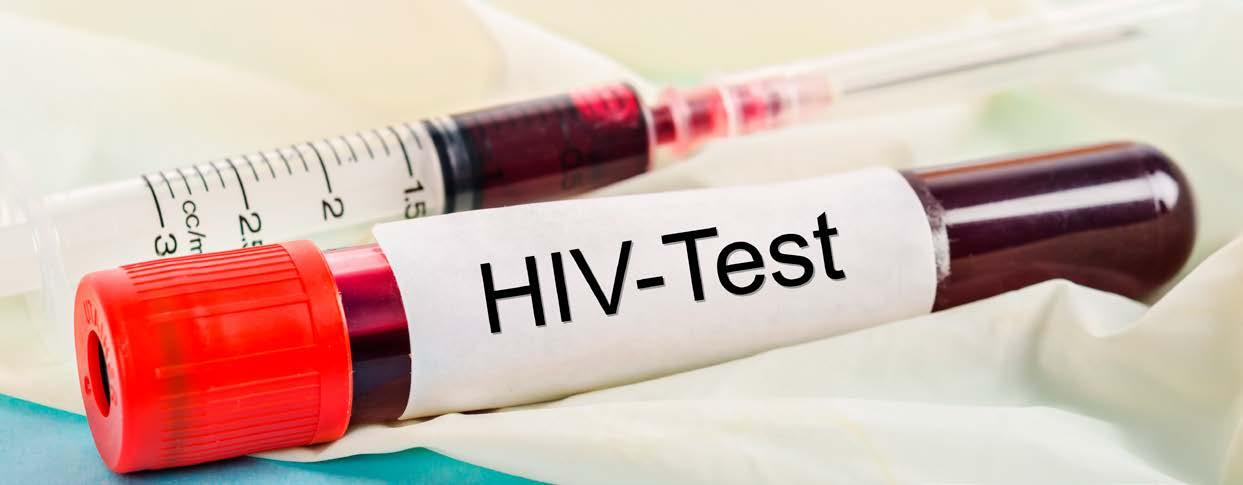HEALTH AND SAFETY
S U T A T S R U O KNOW Y us
ing your HIV stat
of know The importance
Although HIV is not a death sentence anymore, thanks to medical advancements made in helping patients live healthier and longer lives, the stigma, misinformation and fear around HIV are still serious issues in South Africa. According to Stats SA, the population of South Africans who are HIV positive rose to 7 million people out of a total population of 55.9 million people as at the end of June 2016. It is also estimated that there are 1.7 million people unaware that they are HIV positive. This number is far too great. In order to test everyone who may have been exposed to HIV – no matter how low the risk – communities have to work together to remove the barriers that keep HIV from being something people talk about. We should be talking openly about this topic in our workplaces, to our employees, as well as to our families. More awareness and more conversations will gradually build confidence in the misinformed population and slowly but surely the uptake of both testing and treatment will increase. South Africa has recently introduced BioSure – the first HIV Self-Test approved for use at home without a medical professional. Pre-test counselling before taking an HIV test has proved, according to research, to be a barrier for some. BioSure HIV Self-Test allows you to discreetly determine your own HIV status at a time and a place that is convenient for you. It is simple to perform, needs less than a drop of blood and gives an extremely accurate, simple-to-read result while you wait and it only takes 15 minutes. The development of self-testing for HIV in South Africa gives people an additional testing option. There have been mixed views from professionals about a person receiving their own result, but for some people it works to not have to go to a clinic or send a sample off and wait days for a text or a phone call from somebody they don’t know. Awareness around HIV and encouragement of HIV testing can only be successful if the public can break through taboos and misunderstanding. Let us all strive to learn the facts, and then educate each other and encourage one another to learn our HIV status.
FOR MORE INFORMATION ABOUT HIV AIDS AND SUPPORT, PLEASE CALL: THE NATIONAL AIDS HELPLINE 0800 012 322 LIFELINE 0861 322 322 LOVELIFE 011 523 1000 Visit: www.hivselftest.co.za
IMPORTANT INFORMATION If the result is positive, you should contact your local sexual health clinic or healthcare professional who will perform a confirmatory HIV test and provide advice. If your result is positive, you should not take any decision about your condition without first consulting a healthcare professional. • The test may not detect HIV infections that have occurred within the last three months. • The test is a single-use, disposable device. • If your test is negative, it does not mean you are definitely not infected with HIV, especially if your exposure may have occurred within the past three months. • If you engage in activities that increase your risk of exposure to HIV, you should test regularly. • Without diagnosis and treatment, HIV will over time become advanced HIV (commonly known as AIDS). • A person is considered to have developed AIDS when their immune system is so weak it can no longer fight off a range of diseases with which it would normally cope. • This test is not suitable if you are receiving antiretroviral treatment (ARV).
www.spotongmag.co.za
51





























